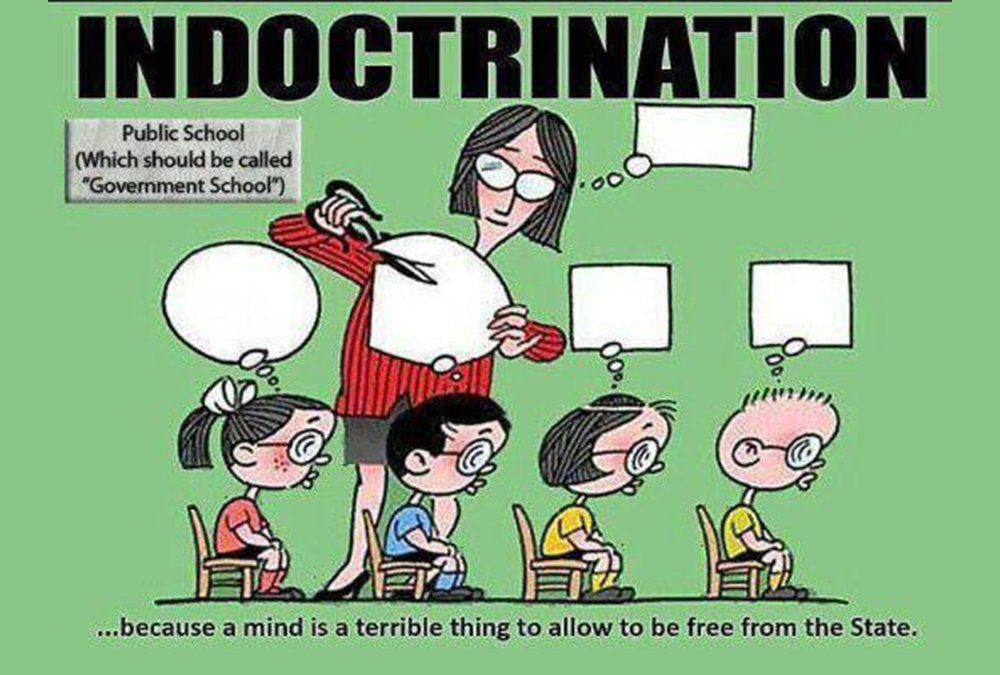A child is born with a clean slate or tabula rasa – it has nothing on its brain. It takes years of nurture and socialization to fill the empty space and make a person. This process of socialization is usually done by family and society, and it can make or mar the child.
Education inculcates knowledge, skills and values to make a person useful both to themselves and to society, and it can be both formal and informal. Education by its nature aims to assist cognitive development and promote logic, critical thinking, and a scientific approach to the understanding of life.
Religion on the other hand consists of the belief in, and worship of, a supernatural being, and the associated rituals. It places a God or Gods at the centre, and its sole aim is to install faith. God is the explanation, purpose and solution to all of life’s problems. In religious education – or instruction – science and critical thinking are thrown out of the window to be replaced with a multitude of miracles, signs and wonders.
The disadvantages of religious instruction include:
- The imposition of a religious outlook on the child and the dismissal of critical thinking
- The negation of modern society’s rejection of religious dogma
- Instruction by a teacher who may have a particular religious outlook and who may not be impartial
- The promotion of religious disputes among students which often lead to animosity, hatred and even to violence. (Many wars are caused by religious aggression)
- Religious instruction creates social segregation and stereotyping, and undermines efforts to promote diversity and inclusion
- Young people are denied the opportunity to form their own opinions when they are mature enough to do so
Richard Dawkins has often argued that raising a child religiously is a form of child abuse. He approves of teaching children about religion as it helps them to understand cultural references, but he disapproves of indoctrination which teaches religious beliefs as if they were factual.
A child raised under religious instruction may suffer from religious trauma syndrome (RTS) as an adult. Harmful religious experience can have a negative effect on mental health. The symptoms of RTS include self-hatred, shame, perfectionism, hypervigilance, indecisiveness, isolation, and delayed social development. RTS can also lead to depression, anxiety, obsessive compulsive disorder, eating disorders and addiction.
Religious instruction can have lasting consequences for individual people and for society as a whole.


